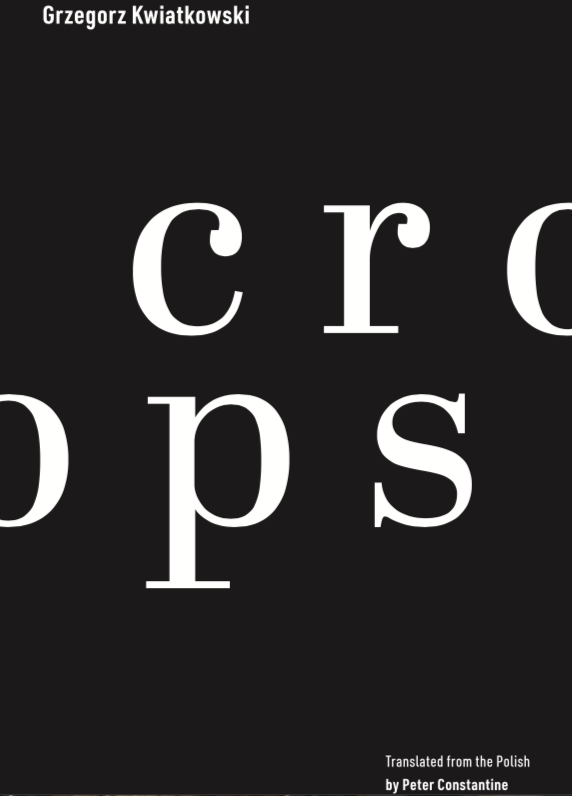
I don't often review poetry on this blog. The last -- and, in fact, the only -- time I did was Andrew McLuhan's Written Matter last February. But, once again, words without music, or with music entirely in the head, call.
Grzegorz Kwiatkowski's Crops is a very short book with some very deep reflections about one of the tragedies of our modern world and longer than that. Kwiatkowski is a Polish poet and musician, and this book of poetry traces his confrontation and struggle to understand the Holocaust that took so many innocent lives of Jews and others in his country.
The poems are not easy to read, and they should not be. They're replete with bones and body parts, memories and excuses for what happened, a lot more than a moment of sheer depravity that gripped the world. And all the more relevant because of what's going on in our world today.
But I wouldn't be calling your attention to these poems if there was not also some hope in this grim accounting, leaking through and glimmering around the edges. Kwiatkowski concludes one of his poems with "someone has written on the nearby wall: innocent sunsets". In the context of the poem, the "innocent sunsets" are an evasion of history and responsibility. But, for me, anything that has anything to do with sunsets is also a recognition of hope for the future. I know that I always feel good when I see a sunset. And that's why, more than fifty years ago, I wrote the lyrics to Looking for Sunsets (In the Early Morning).
And, indeed, all the poetry of Crops is a plea for understanding and hence a statement of hope and an evidence of healing. If someone in Poland today can write such poems, there's hope for our humanity.
===
Hear Grzegorz Kwiatkowski read some of his poetry via Zoom here.
No comments:
Post a Comment